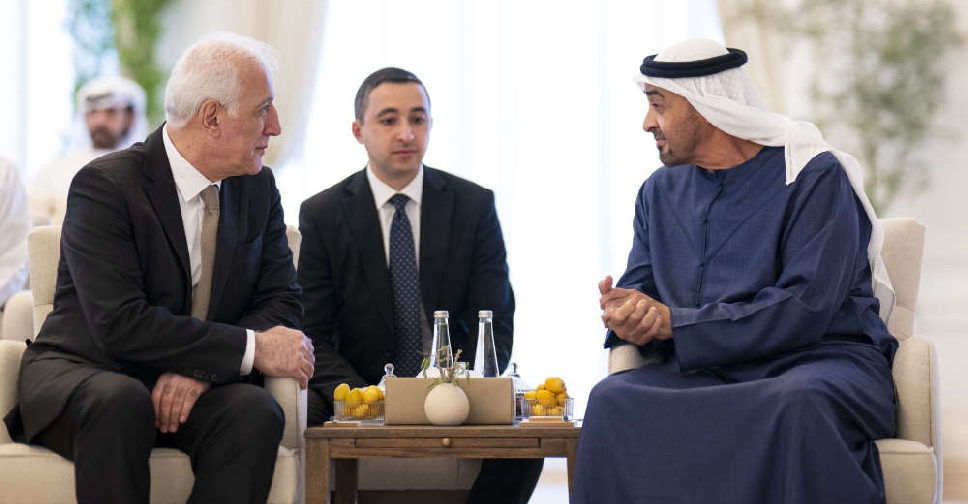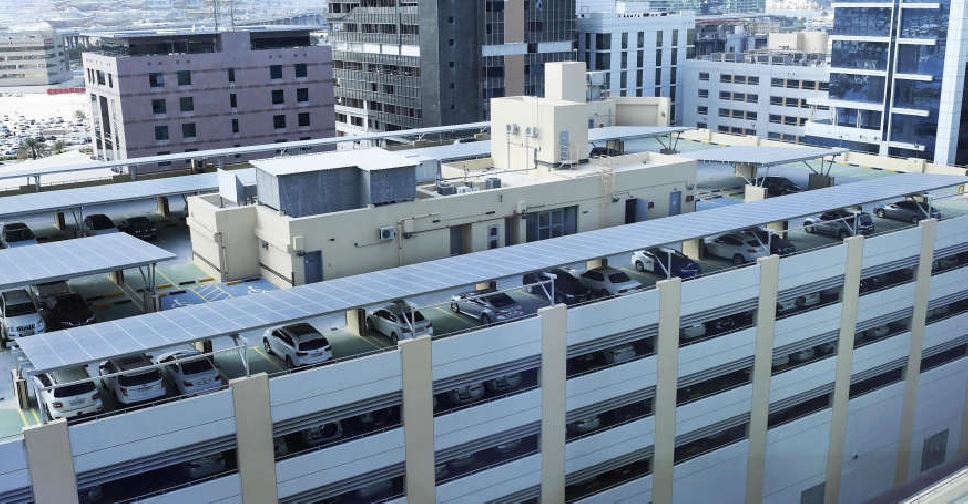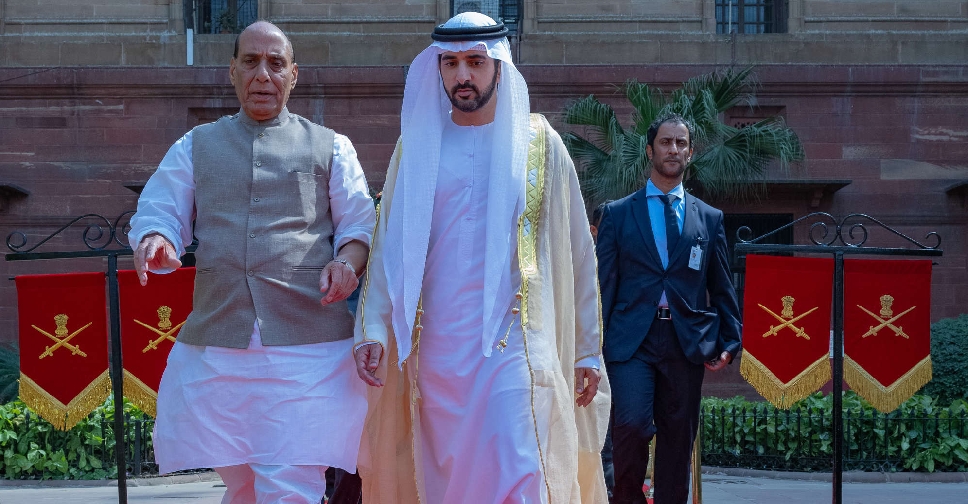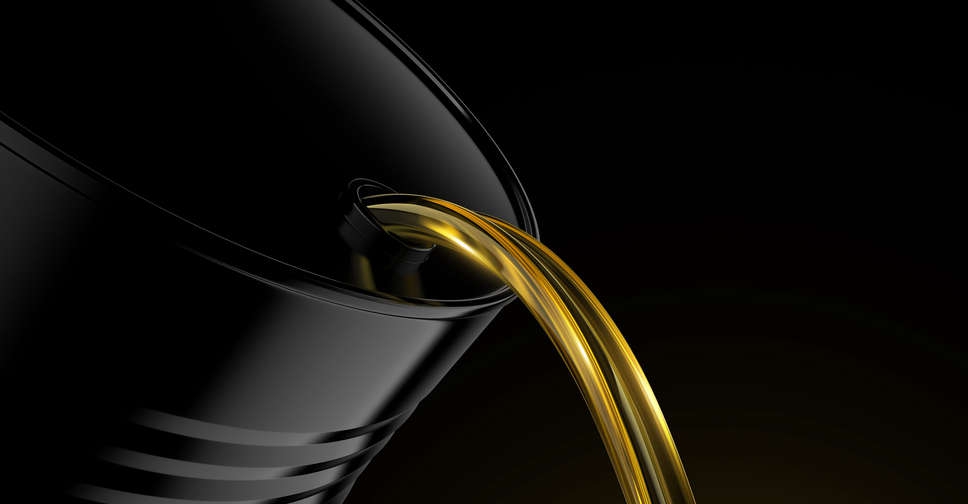
The Group of Seven rich nations, the European Union and Australia have set price caps for Russian diesel and other refined petroleum products to keep markets supplied while limiting Moscow's revenues when an EU embargo kicks in.
The EU measure, which takes effect on February 5, follows an earlier EU embargo on Russian seaborne crude, for which the bloc, the G7 and Australia set a crude price cap at $60 per barrel from December 5.
The coalition aims to punish Russia over its invasion of Ukraine almost a year ago by depriving it of revenue from its oil and products exports, while averting a surge in prices that could occur if Russian oil stopped flowing to global markets.
Envisioned as a safety valve from the EU ban, which covers insuring and shipping Russian oil and therefore risks snarling the entire global trade, the price cap mechanisms would allow such services provided they occur below an enforced price.
Below are the main elements of how the embargo on Russian refined products is supposed to work:
PRICE CAP
The coalition on Friday said it had set the price caps at $100 per barrel on products that trade at a premium to crude, principally diesel, and $45 per barrel for products that trade at a discount, such as fuel oil and naphtha. That was in line with the levels suggested by the European Commission.
The price caps on petroleum products will be implemented on February 5 or "very soon thereafter," the coalition said in a statement. Participating countries said they would include "time-limited exceptions" for products that are loaded onto a vessel prior to February 5.
WHAT IS PROHIBITED
The EU ban bars EU vessels from carrying Russian-origin petroleum products, unless the products are purchased at or below the price cap agreed by the coalition.
The provision also applies to companies that provide technical, brokering or financial assistance such as insurance for cargoes carrying Russian refined products.
PENALTIES
If a vessel sailing under the flag of a third party intentionally carries Russian oil above the price cap, EU operators will be prohibited from insuring, financing and servicing the vessel for 90 days after the cargo has been unloaded.
EU-flagged vessels will be subject to penalties according to national legislation, but the EU is working on a penalty of 5% of global turnover for companies that break EU sanctions.
NEXT STEPS
The G7 coalition said it would review the December 5 crude oil price cap in March.
Decisions on any changes would be driven by technical analysis by groups such as the International Energy Agency, while factoring in the impact on Russian oil revenues.


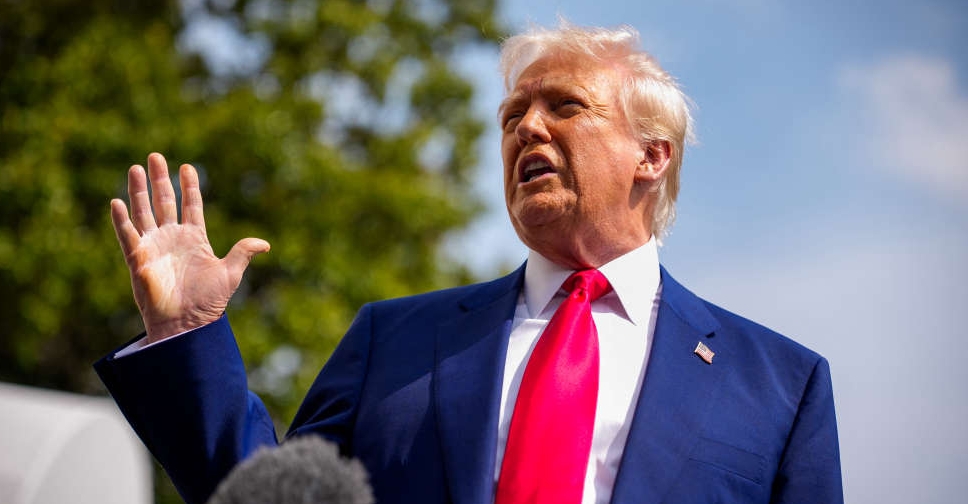 Trump threatens to hike China tariffs further as market plunge continues
Trump threatens to hike China tariffs further as market plunge continues
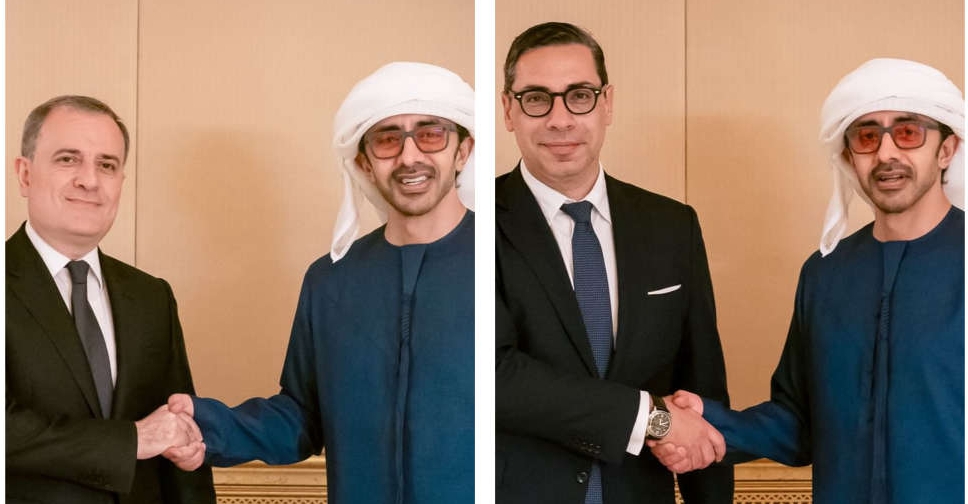 Sheikh Abdullah meets foreign ministers of Azerbaijan and Cyprus
Sheikh Abdullah meets foreign ministers of Azerbaijan and Cyprus
 Innovation, sustainability take centre stage at Middle East Energy
Innovation, sustainability take centre stage at Middle East Energy
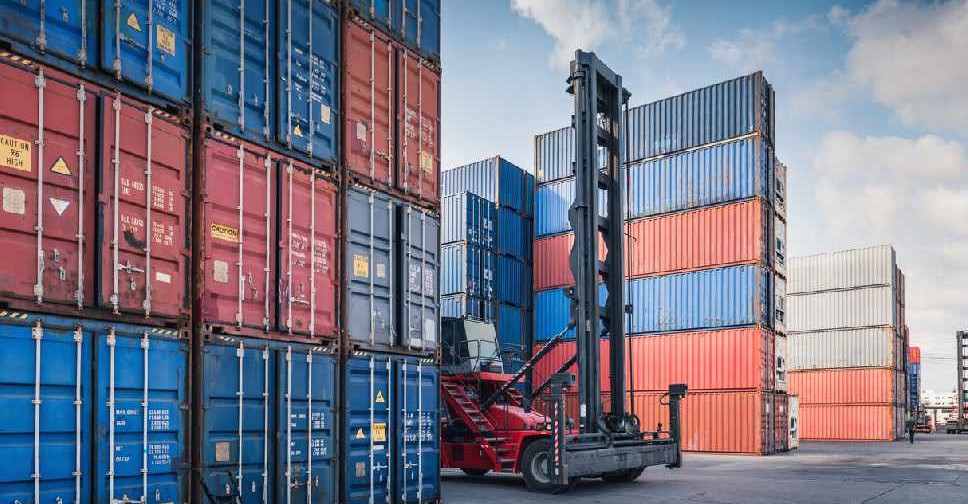 Abu Dhabi records 9% growth in non-oil foreign trade
Abu Dhabi records 9% growth in non-oil foreign trade
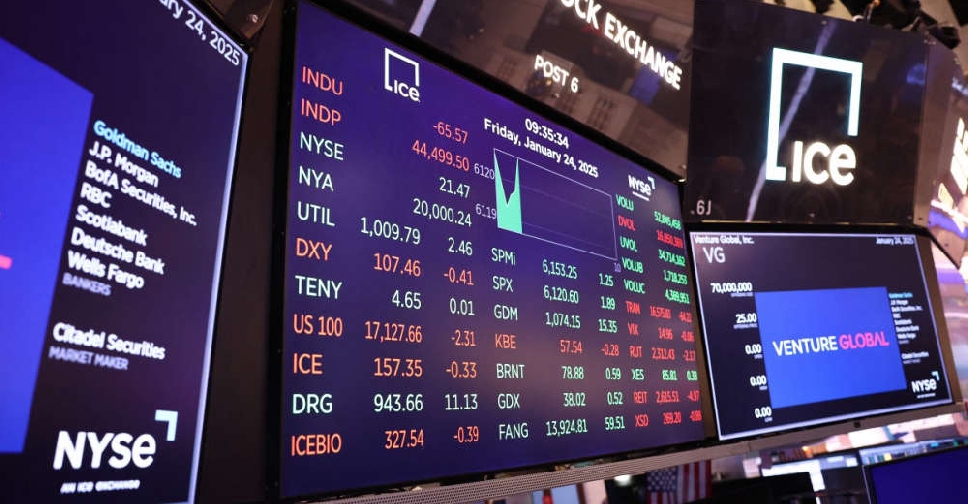 S&P 500 nears bear market as Trump's tariffs hammer stocks
S&P 500 nears bear market as Trump's tariffs hammer stocks
